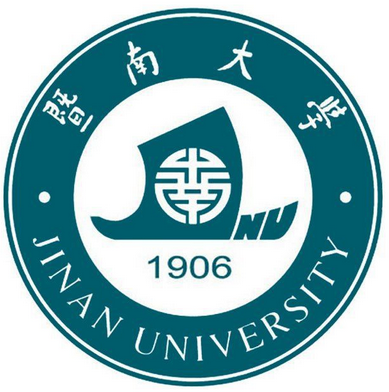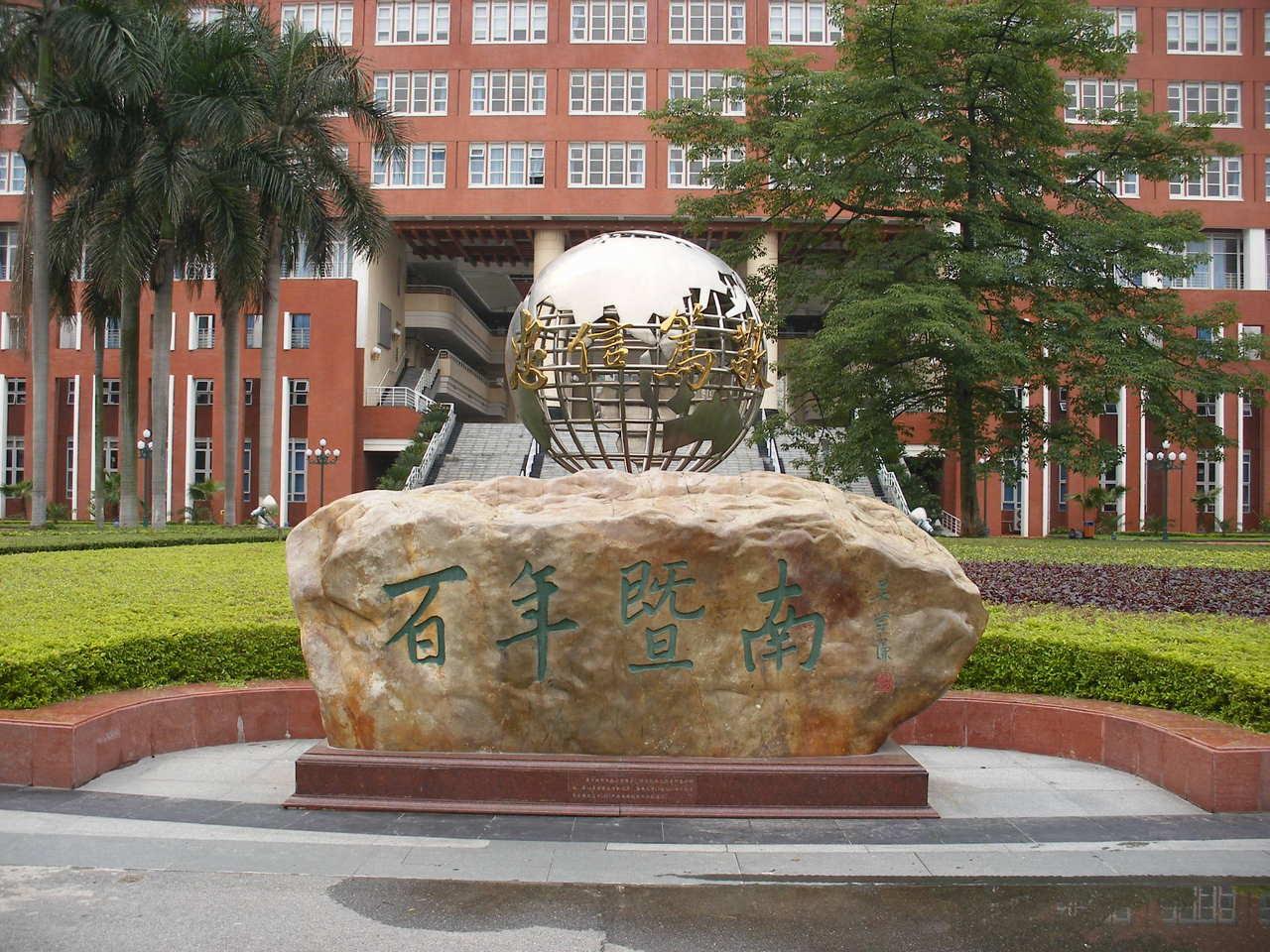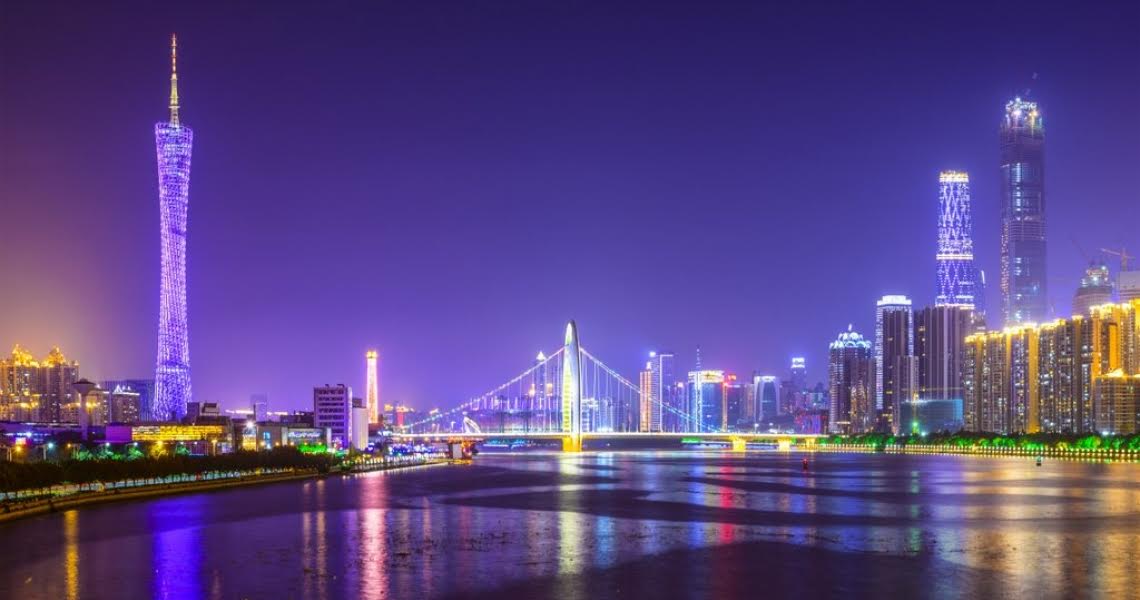Guangzhou 2017 Announcement
The Third Workshop on Atmospheric Composition and the Asian Monsoon (ACAM) and Second ACAM Training School

5-9 June 2017 (Workshop) and 10-12 June (Training School)
Venue: Jinan University, Guangzhou, China
Deadlines:
- Registration, Abstract Submission, Training School Application, Travel Support Application: 15 March 2017
- Notification of acceptance: By 15 April 2017
- Lodging reservation at Huashi Hotel: 04 May 2017
- Registration refund deadline: 10 May 2017
Following successful workshops in 2013 (Kathmandu) and 2015 (Bangkok), ACAM is a fully recognized international activity jointly sponsored by SPARC and IGAC. The third biennial workshop is an important step in maturing the activity to have a sustained impact on the atmospheric composition community. The 2nd ACAM training school will follow on the campus of Jinan University, Guangzhou.
Information on specific session themes, abstract submission and registration, as well as logistic information will be posted on this site soon. Please save the dates if you are interested in participating and share this link with colleagues who may be interested.
The scientific scope of the workshop follows the four scientific themes of ACAM, each representing a key aspect of the connection between atmospheric composition and Asian monsoon dynamics:
- Emissions and air quality in the Asian monsoon region – This theme spans all seasons, recognizing issues ranging from summertime photochemical smog to winter pollution episodes.
- Aerosols, clouds, and their interactions with the Asian monsoon – This theme recognizes the dominant impact of aerosols on this region and the continuing exploration of evidence for feedbacks influencing the monsoon climate system.
- Impact of monsoon convection on chemistry – This theme focuses on the vertical redistribution of anthropogenic and natural emissions, expanding global the impact of Asian emissions on atmospheric chemistry.
- UTLS Response to the Asian Monsoon – This theme emphasizes the intersection between Asian emissions and the monsoon anticyclone circulation as a conduit for increased anthropogenic influence on the UTLS environment.

In addition to the scientific topics, the workshop will also devote a portion of the agenda to reports and breakout discussions of the current and future work taking place under the four ACAM working groups (WG):
- WG1: Data Sharing (focused on organizing data sharing for ACAM-relevant measurements).
- WG2: CCMI Partnership (focused on forming a partnership with the Chemistry Climate Modeling Initiative and other community modeling activities, e.g., AeroCom, to facilitate two-way communication on observations needed to test models).
- WG3: Field Campaigns Concept and Coordination (focused on the development of field campaign concepts and coordination of measurements efforts by the community in the Asian monsoon region).
- WG4: Training Schools (focused on developing the talent and expertise of ACAM scientists for utilizing community models and datasets that can be used for ACAM research).

If you are interested in further information, please send a subscription request to the ACAM mailing list.